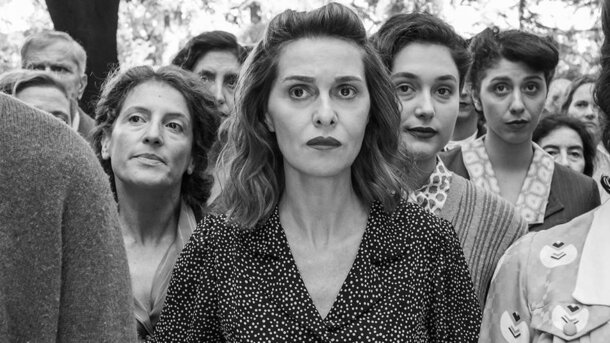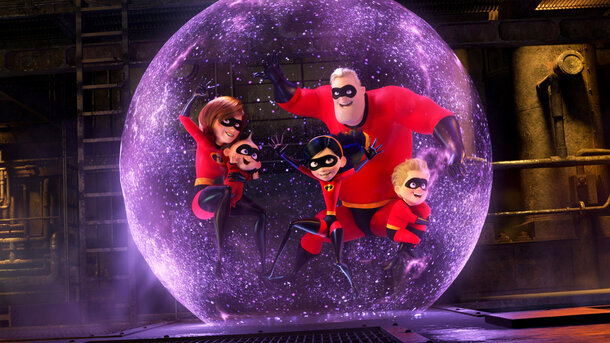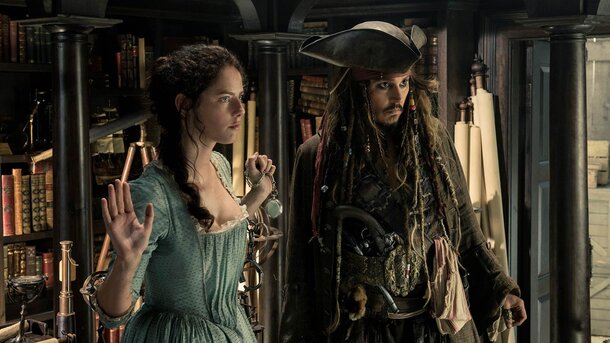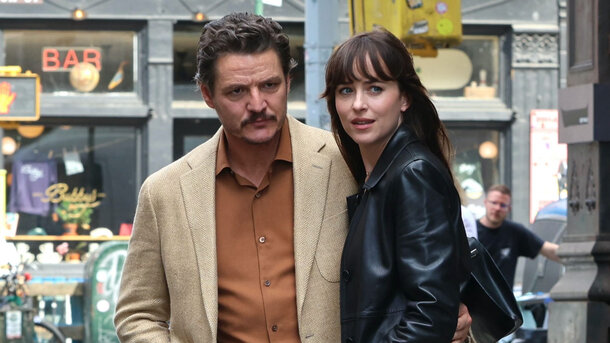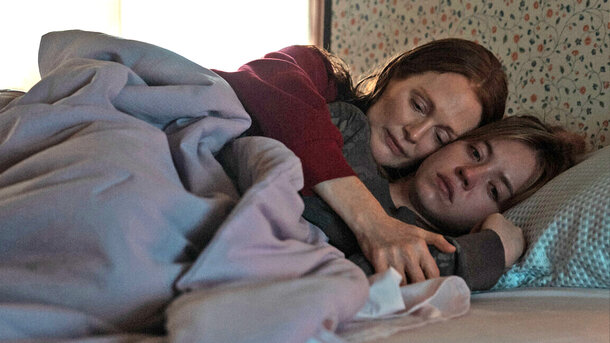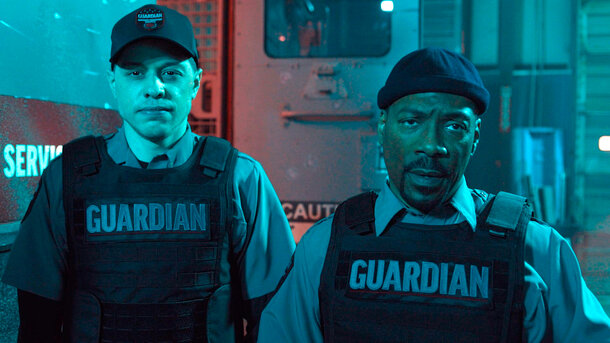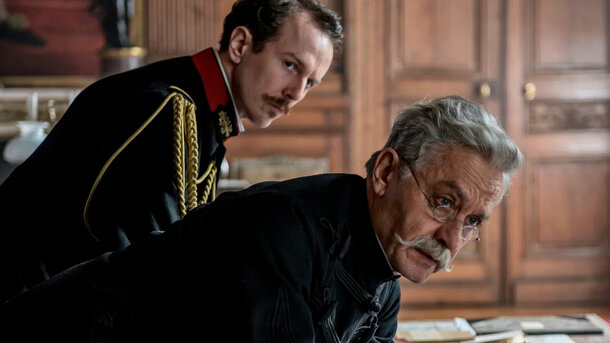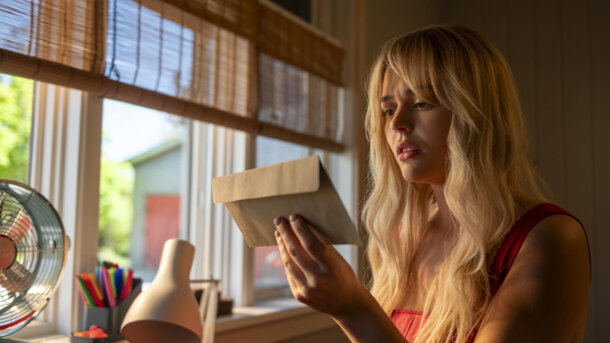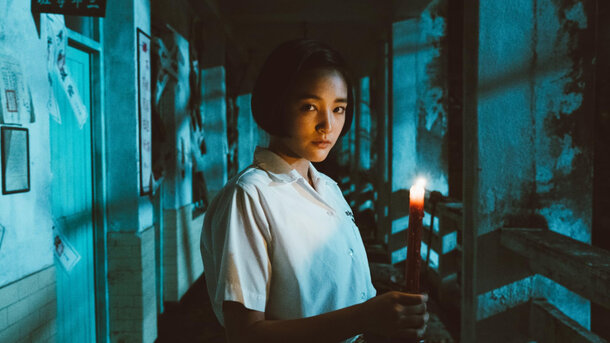In the black-and-white world of post-war Rome, There's Still Tomorrow (2023) sweeps us into a story where resilience and societal awakening intertwine. Paola Cortellesi, in her remarkable directorial debut, crafts a period comedy-drama that is not only entertaining but deeply moving. With her at the helm and in the lead role, the film proves to be a masterclass in storytelling and cinematic homage.
A Journey Through 1940s Italy
Set against the gritty yet hopeful streets of 1940s Italy, There's Still Tomorrow follows Delia (Paola Cortellesi), a working-class woman trapped in an oppressive marriage to Ivano Santucci (Valerio Mastandrea). The Santucci household, crowded with children and an ailing father-in-law, mirrors the broader struggles of a post-war society grappling with change. Delia's story ignites when a mysterious letter arrives, challenging her to confront the patriarchal chains binding her.
A Visual and Emotional Homage to Neorealism
The choice to shoot in black and white is more than a stylistic nod — it is a bridge to Italian neorealism, echoing the works of Vittorio De Sica and Roberto Rossellini. The film’s visuals, combined with authentic use of the Romanesco dialect, transport viewers back in time, providing a rich and immersive experience. This approach enhances the raw, unfiltered look into Delia's life and her gradual journey toward empowerment.
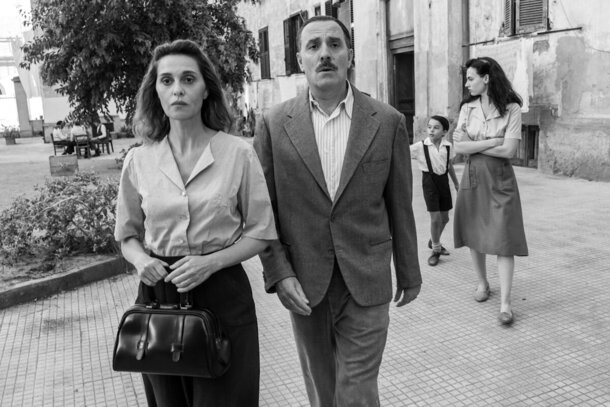
An Ensemble Cast That Shines
Cortellesi is not alone in delivering a standout performance. The supporting cast includes:
- Valerio Mastandrea (Ivano Santucci): Embodies the conflicted, often harsh patriarch, highlighting the societal norms of the era.
- Romana Maggiora Vergano (Marcella): Offers a bright, hopeful perspective as Delia’s daughter, symbolizing the younger generation’s desire for progress.
- Emanuela Fanelli (Marisa): Provides both humor and depth, perfectly balancing the film’s more serious undertones.
- Giorgio Colangeli (Sor Ottorino): Adds weight to the narrative, delivering a performance that feels lived-in and sincere.
The cast's collective strength lies in their ability to convey complex emotions with subtlety, enhancing the film's layered storytelling.
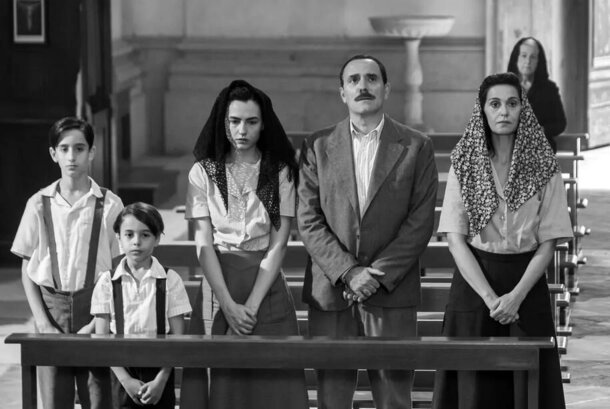
Accolades and Unprecedented Success
There's Still Tomorrow has not only captivated audiences but also earned significant recognition:
David di Donatello Awards: The film secured six awards, including Best New Director and Best Actress for Cortellesi, Best Supporting Actress for Fanelli, Best Original Screenplay, the David Youth Award, and the David Audience Award.
Rome Film Festival: It took home three prestigious prizes, including the coveted Audience Award.
Financially, the movie struck gold, grossing approximately €36.8 million (around $40.6 million). This accomplishment not only made it the highest-grossing Italian film of 2023 but also secured its spot as one of the top ten highest-grossing films in Italian cinema history. The production was made on a modest budget of €5 million, highlighting its tremendous return on investment.
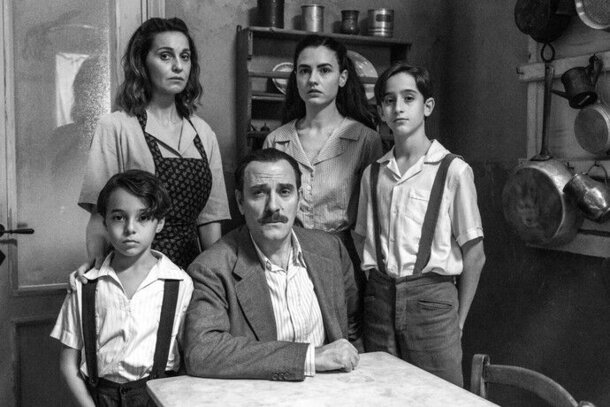
A Tale with a Timeless Message
Beyond its historical setting, There's Still Tomorrow speaks to modern audiences through its themes of female empowerment, resilience, and societal change. Cortellesi's dual role as director and actress brings authenticity and depth, making this film a must-watch for those who appreciate narratives where personal triumphs reflect broader cultural shifts.
Final Verdict: A Cinematic Triumph
There's Still Tomorrow is more than just a film — it is a testament to the enduring power of hope and change. With its outstanding performances, thoughtful direction, and evocative storytelling, this movie invites viewers not only to witness Delia’s journey but to reflect on their own. If you’re searching for a film that blends historical context with timeless relevance, trust me, this one deserves your attention.
